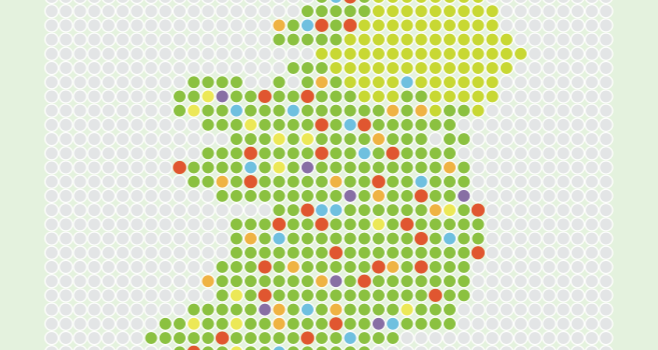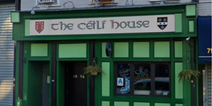New research conducted by GLEN, the Gay and Lesbian Equality Network, shows that LGBTI teens are more at risk of self-harm or death by suicide.
The research found that those young people are still facing ‘considerable barriers to good mental health, including bullying at school, fear of rejection and discrimination, harassment and violence and negative attitudes and stereotypes’.
The research was conducted with 2,257 LGBTI people. Of that amount 1,064 were between 14 and 25 years of age, with 416 aged between 14 and 18 and 648 aged between 19 and 25, and 1,193 were aged 26 and over.
While the report does prove that a majority of LGBTI people over the age of 26 have good self-esteem and are proud of their identity, these positive findings aren’t shared across the other age groups.
56% of the LGBTI teens aged between 14 to 18 had self-harmed, 70% had suicidal thoughts and 1 in 3 had attempted suicide.
Speaking about these findings Dr. Carol-Anne O’Brien, Director of Advocacy at BeLonG said, “Compared to the My World National Youth Mental Health Study, LGBTI young people in this study had 2 times the level of self-harm; 3 times the level of attempted suicide; 4 times the level of severe or extremely severe stress, anxiety and depression.”
While former President of Ireland, Dr. Mary McAleese, has described the findings as ‘horrifying and tragic’.
Odhrán Allen, Director of Mental Health at GLEN, has said, “Some of the findings of The LGBTIreland Report are harrowing, showing higher levels of self-harm and suicidal behaviour among LGBTI teenagers as well as worrying levels of severe and extremely severe stress, anxiety and depression.
“Being LGBTI in itself doesn’t increase the risk of poor mental health. It’s the experience of being bullied, being rejected or being harassed because you are LGBTI that leads to higher levels of self-harm and attempted suicide”.
Professor Agnes Higgins of Trinity College Dublin, who led the research team, said “As well as differences across age groups The LGBTIreland Report also found differences among LGBTI people. The research reveals that there is a hierarchy of risk among LGBTI people, with intersex, transgender and bisexual people reporting poorer mental health outcomes compared to gay men and lesbian women”.
Dr. Carol-Anne O’Brien, said, “It is important for LGBTI young people and their families to know they are not alone. There are LGBTI youth and community services across the country. Schools, mental health services and other support agencies are being increasingly proactive about creating safe and supportive environments for the LGBTI people in their care. The report highlights the urgent need to accelerate this work. We look forward to working with these partners to achieve a better Ireland for LGBTI children to grow up in”.
Odhrán Allen concluded by saying, “The progress achieved for Irish LGBTI people in 2015 gives us solid ground for the urgent work necessary in our schools, communities, workplaces and in our homes, to ensure that all LGBTI people are equal, safe, included and valued across Irish society”.
Support for LGBTI people and their families is available at www.lgbt.ie, the national LGBT helpline at 1890 929 539, www.teni.ie , www.yourmentalhealth.ie or www.lgbtmentalhealth.ie.
RELATED ARTICLES


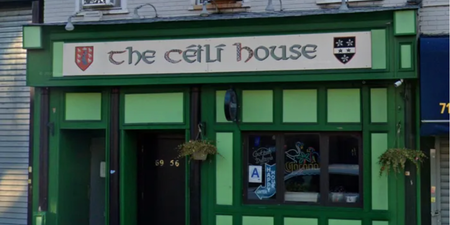
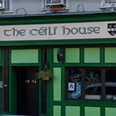
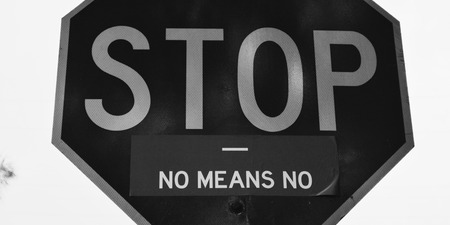

MORE FROM HER






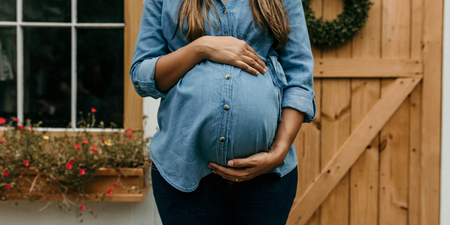

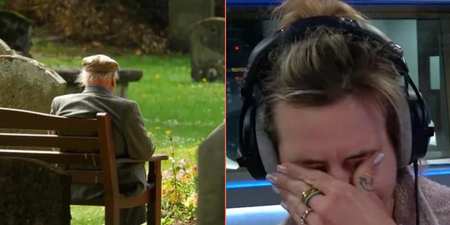

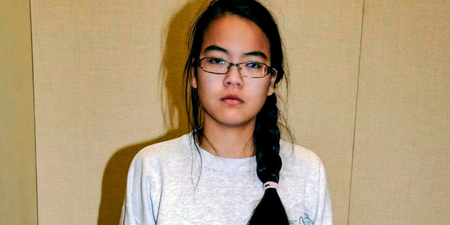





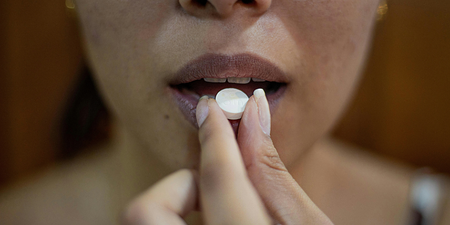







MORE FROM HER












